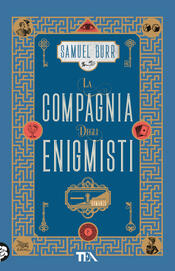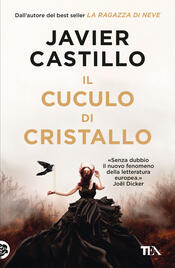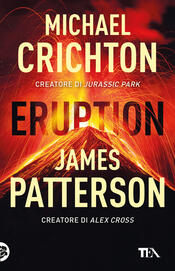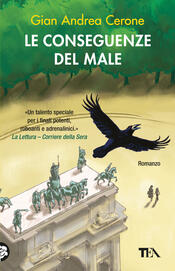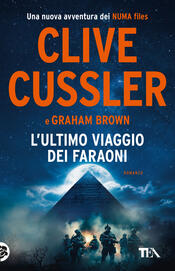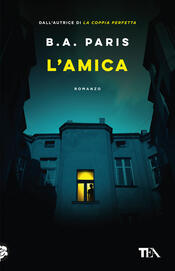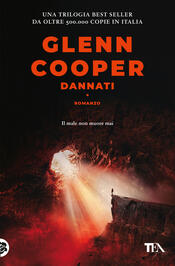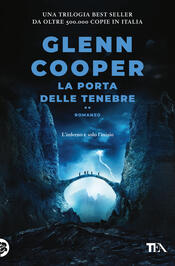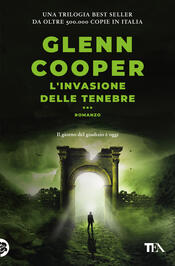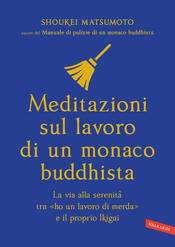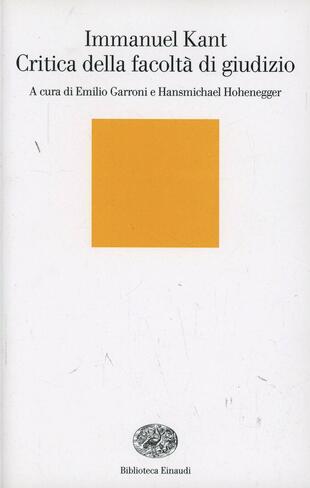

Sinossi
In quest'opera Kant si propone di fornire una vera e propria "critica del gusto", cioè un esame della nostra capacità di giudizio estetico. Secondo il filosofo tedesco, i giudizi di gusto non contribuiscono minimamente alla conoscenza delle cose, e tuttavia istituiscono una relazione immediata tra sentimento del piacere-dispiacere e facoltà conoscitiva: quando diciamo che qualcosa "è bello", non intendiamo soltanto che questo ci piace, ma presupponiamo l'esistenza di un'umanità capace di concordare con questo giudizio.
- ISBN:
- Casa Editrice:
- Pagine: 316
- Data di uscita: 23-02-1999
Recensioni
I've previously reviewed both The Critique of Pure Reason and The Critique of Practical Reason, describing some of the reasons why the reading of the three critiques led to what might be called a conversion experience--or perhaps an intellectual mystical or jnana experience. For one who has sedulousl Leggi tutto
the book I most respect and least enjoyed reading
Nu ik de derde kritiek gelezen heb, stop ik met filosofie lezen.
اولاش اذیت کرد. مثل دو تا نقد دیگهی کانت. ولی باهاش که راه بیای، اصطلاحاش که دستت بیاد، عاشق اینم میشی. مثل اون دو تا نقد دیگهی کانت. البته اینجا کانت خیلی لطیفتر از کانتیه که توی نقد عقل محض میبینیم. ناسلامتی داره از زیباییشناسی حرف میزنی. از بهترین کتابدرسیهایی بود که خوندم و فقط خدا میدون Leggi tutto
This is probably my favorite of Kant's three critiques (Pure and Practical Reason being the other two). However, when it comes to reading Kant, saying "favorite" is not quite right: he was such a bad writer, and such a brilliant thinker, its hard to deal with some times. In any case, this is very i
Whist I have to admit I had to read this for study, I'm phenomenally glad that I did. It's horribly impenetrable, though. Very, very hard work to get through, let alone digest. Do I understand Kant? No, not really. Can I talk about him and his ideas comfortably? Well, yes, kind of. Would I recommend Leggi tutto
It would be difficult to overstate Kant's importance, or the greatness of his three critiques, which must be understood as three parts of one unified project, and, I should add, must be read in sequence. European thought still operates within the horizons that Kant demarcated, and as a matter of int Leggi tutto
This is a brilliant work, although it is somewhat mis-titled. Kant spends more time with teleology than with judgement, although the two are related. Here he clears the ground for teleological thinking as a whole. In a direct way, Kant is speaking of ideology through teleology as a point of caption
Citazioni
Al momento non ci sono citazioni, inserisci tu la prima!







